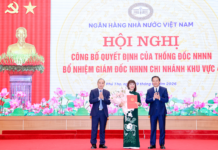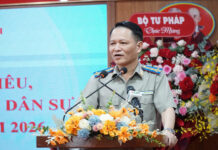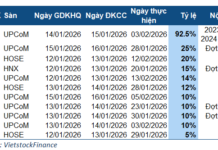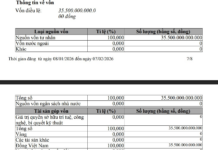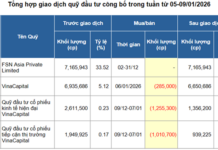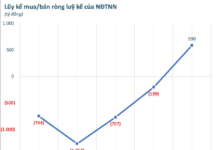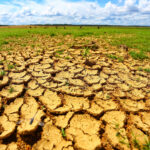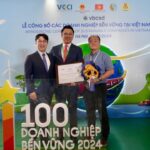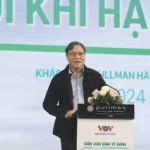Over the past two decades, Vietnam’s space technology has made significant strides, laying the foundation for a promising field. From the first pico-satellites to large-scale Earth observation satellite projects, Vietnam has demonstrated its capabilities in accessing, researching, and developing space technology.
In the context of increasingly severe climate change, the role of space technology becomes even more crucial. Space-based services and technologies are key to better understanding climate change and supporting the entire cycle of monitoring, forecasting, and disaster prevention. As one of the countries most affected by global warming, Vietnam views the development of Earth observation satellites as a strategic tool to mitigate damage and ensure sustainable development.
Space Technology – A Strategic Foundation for Addressing Climate Change
According to Assoc. Prof. Dr. Pham Anh Tuan, Director General of the Vietnam National Space Center (VNSC), LOTUSat-1 is a significant advancement, not only scientifically and technologically but also in practical terms. It is Vietnam’s first radar Earth observation satellite, capable of continuous day and night observation, regardless of weather conditions, with high-resolution imagery.
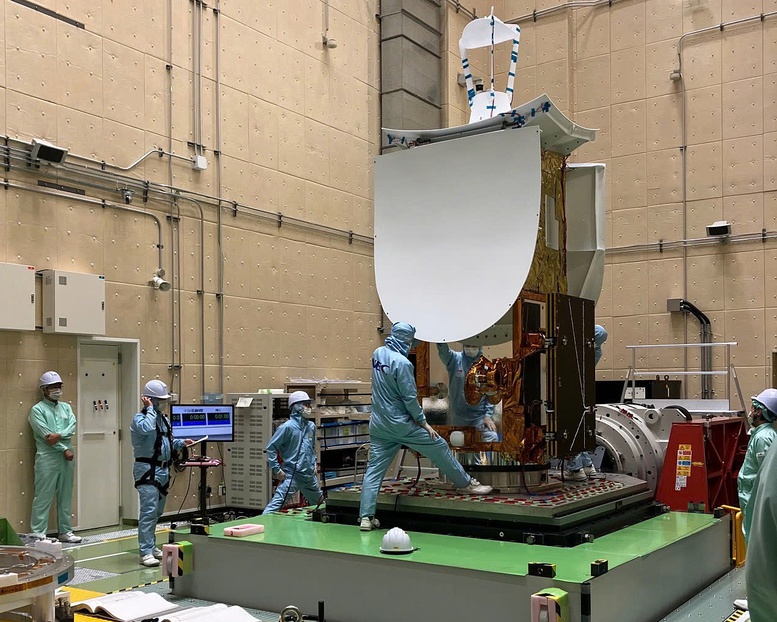
LOTUSat-1 satellite was manufactured in Japan
During the talk show “Nation Building – Vietnam Pride,” he emphasized the potential of LOTUSat-1: it can proactively monitor natural disasters, environmental and climate change accurately and promptly, instead of relying entirely on international data sources. This proactive capability marks a significant turning point, as satellite data is not only useful for research but also a practical tool for forecasting storms, floods, landslides, and monitoring coastal erosion, issues that Vietnam faces annually.
LOTUSat-1 also affirms the nation’s space technology prowess. By owning a radar satellite, Vietnam joins a select group of countries that master this advanced technology, demonstrating its determination to close the gap in this field, considered the pinnacle of science and technology.

Assoc. Prof. Dr. Pham Anh Tuan, Director General of the Vietnam National Space Center.
Technological Independence – The Path to Ensuring Sustainable Development
The benefits of LOTUSat-1 highlight a core reason: Vietnam needs technological autonomy in space to control critical data on natural disasters, the environment, and socio-economic development. Relying on external data sources leaves Vietnam vulnerable and reactive in emergency situations.
Assoc. Prof. Dr. Pham Anh Tuan affirmed: “Space is one of the five national spaces that need protection, along with land, airspace, seas, and cyberspace.”
Beyond weather monitoring for agriculture, fisheries, and rescue operations, he also emphasized the importance of satellites for security and defense. “Satellites can detect foreign vessels in our waters, oil spills, and environmental accidents,” said Mr. Pham Anh Tuan.
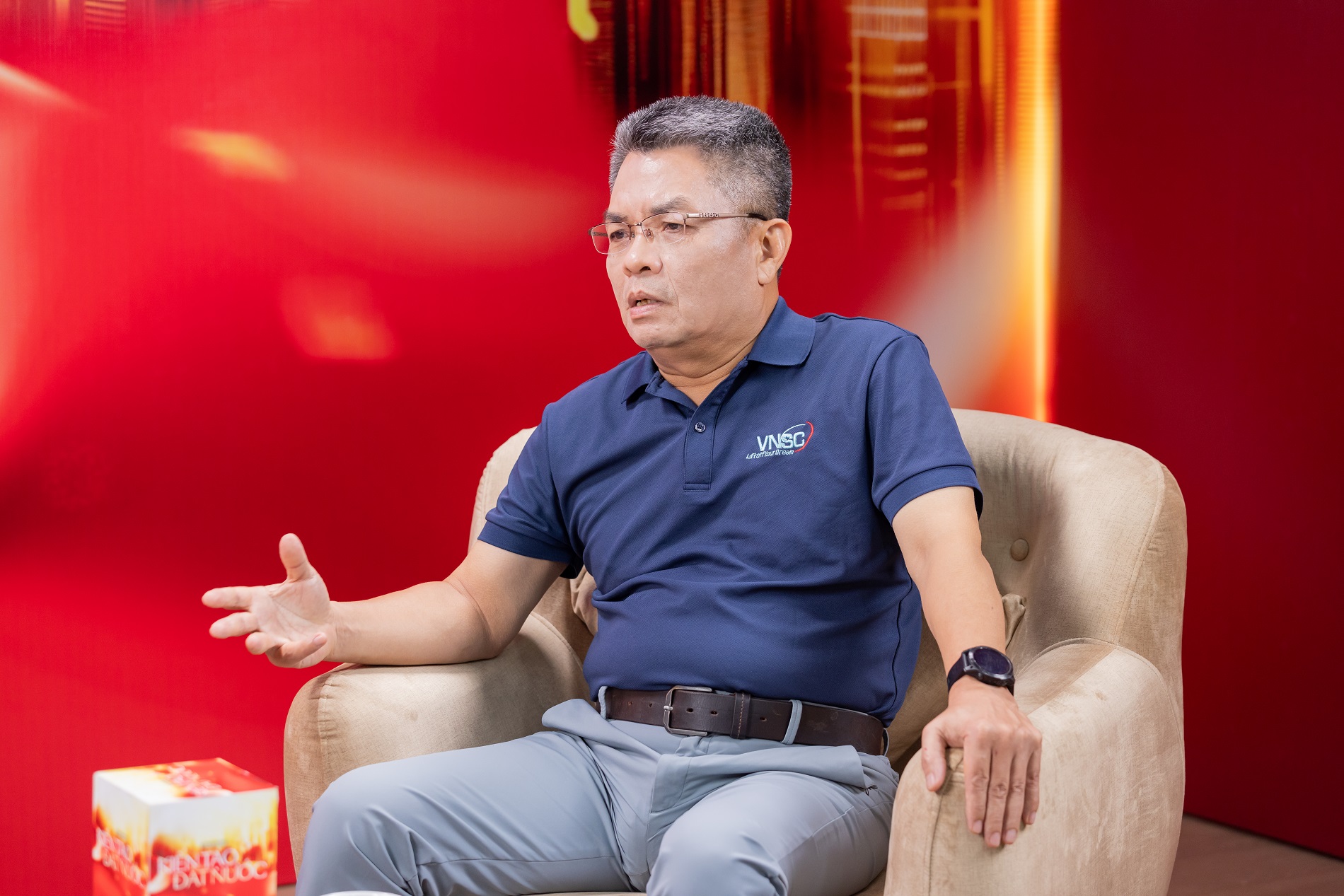
Two Decades of Perseverance: From Pico-Satellites to Grand Visions
The journey over the past two decades has witnessed the significant maturation of Vietnam’s space technology. From the 1kg PicoDragon to the 50kg MicroDragon and the 4kg NanoDragon, all designed, manufactured, and operated by Vietnamese engineers, this process has been invaluable for knowledge accumulation and the formation of a specialized workforce.
Reflecting on nearly 20 years of development, Vietnam’s space technology is on the cusp of a new era. Assoc. Prof. Dr. Pham Anh Tuan shared, “After nearly 20 years of development, Vietnam’s space technology is presented with a significant opportunity: Resolution 57 of the Politburo identifies space technology as a strategic priority, and the Prime Minister has approved low-orbit satellites as a strategic product. Vietnam has set ambitious goals for 2030 and a vision for 2040.”

The focus is on mastering the entire process of satellite design, manufacturing, integration, and testing within the country, aiming for the capability to manufacture 200kg-class satellites. Additionally, Vietnam aims to form a cluster of Earth observation satellites to serve critical sectors and establish a National Satellite Data Center. Data obtained from these satellites will be akin to a new form of “crude oil,” playing a pivotal role in agriculture, the environment, transportation, and security.
Technological autonomy in space is not merely a scientific dream but an imperative in the context of Vietnam’s challenges with climate change and severe natural disasters, coupled with sustainable development needs. By owning Earth observation satellites and technology, Vietnam will gain a strategic tool for policymaking, resource management, maritime economic development, and ensuring national security.
Driven by this aspiration, Vietnam has taken determined and persistent steps over the past two decades. With LOTUSat-1, the nation is now closer to achieving technological autonomy in space, joining the ranks of advanced countries in the region.
|
The talk show, “Nation Building – Vietnam Pride,” is an inspirational current affairs program broadcast on the Government Portal by HTV9 and VCCorp. The program emerged amid the country’s new development phase, aiming for high-income status by 2045, as outlined in the Resolution of the 13th Party Congress and Resolutions 29, 30, 31, and 57 on growth model innovation, private economic development, and strategic infrastructure building. The show introduces prominent figures, stories, and initiatives reflecting the synergy between the state, businesses, and the community in building a modern, integrated, yet culturally rich Vietnam. This program is organized by VCCorp in collaboration with Ho Chi Minh City Television (HTV) and presented by Masterise Group. It airs on the Government Portal every Tuesday at 8:00 PM, megalivestreamed on VCCorp’s websites, and rebroadcast on HTV9 every Thursday at 9:45 PM. |

Kim
“The Looming Desertification Crisis: Vietnam’s 11.8 Million Hectares at Risk”
Climate change and human activities have led to a staggering 11.8 million hectares of land in Vietnam undergoing desertification.
The High-Speed North-South Railway: Slashing Emissions, Delivering Billions in Climate Benefits
The high-speed North-South railway project has the potential to reduce greenhouse gas emissions by the equivalent of billions of dollars over the next two to three decades.







